As the Bord Bia trade mission in Asia reaches the final stages of its trip, Irish Farmers Journal news correspondent Hannah Quinn-Mulligan visited South Korean shops to examine consumer buying habits.
South Korea has a population of over 50m people but is just 18% bigger than Ireland.
The shortage of agricultural land means that country is a huge global importer, with the UN estimating that imports to South Korea cost $22bn in 2016.
Pork and poultry are the two most popular types of meat, with beef seen as a luxury item with a higher price tag, which is mainly bought and cooked for special occasions.
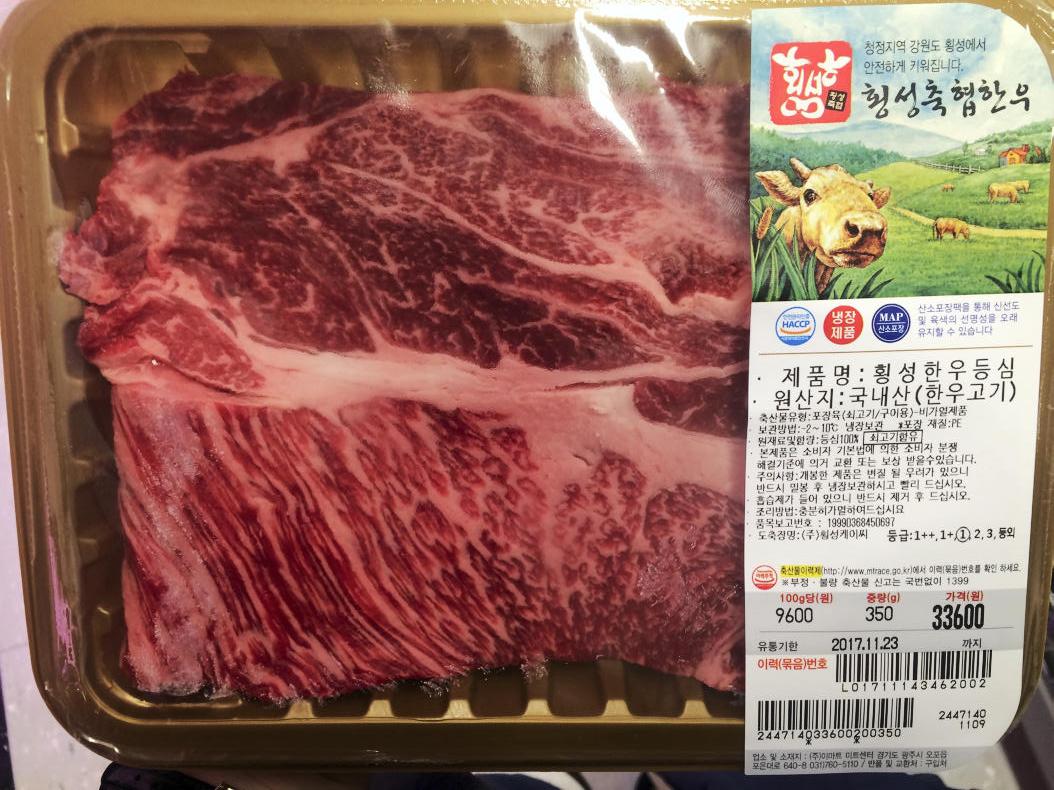
South Koreans favour heavily marbled steak from their Hanoo breed of cows. Similar in taste to Japan’s Wagyu breed, but high domestic demand for Hanoo beef means that it is rarely exported.
South Korean barbecue is a traditional form of social eating, where meat is cooked at the restaurant table where customers sit.
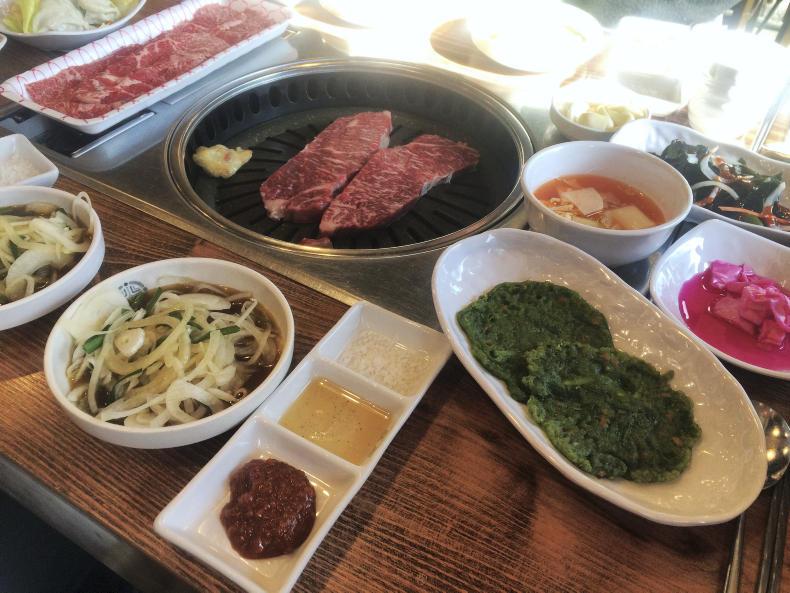
Barbecue is where customers cook their own meat on a hot plate in the centre of their table and eat it by wrapping it in a lettuce leaf and adding their own choice of sides.
Due to the popularity of Korean-style barbecue, much of the meat in shops is packed specifically for home barbecues.
South Korea is only 34% self-sufficient in beef and imports up to 550,000t a year, mainly from Australia and America.
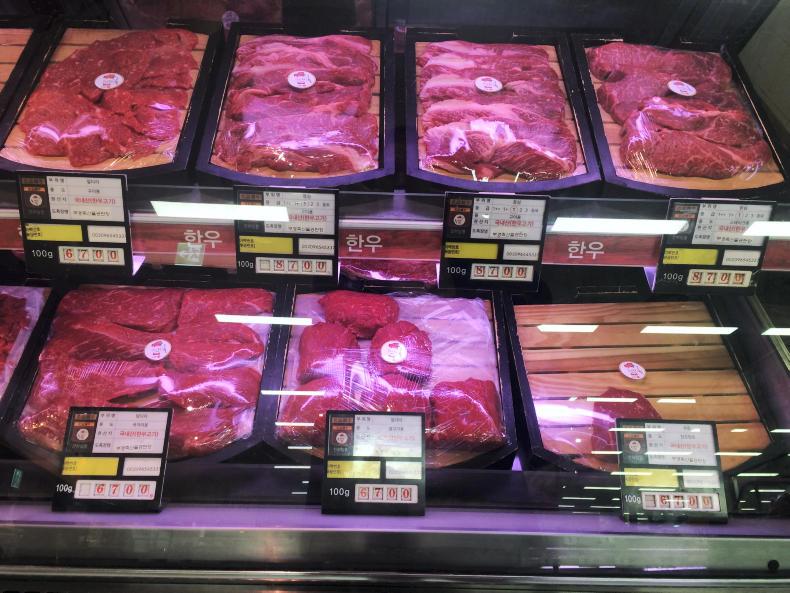
Meat packed in bulk for home barbecue cooking.
The trend for western diets has reached South Korea and there is an increasing level of imported cheese and dairy produce on the shelves.
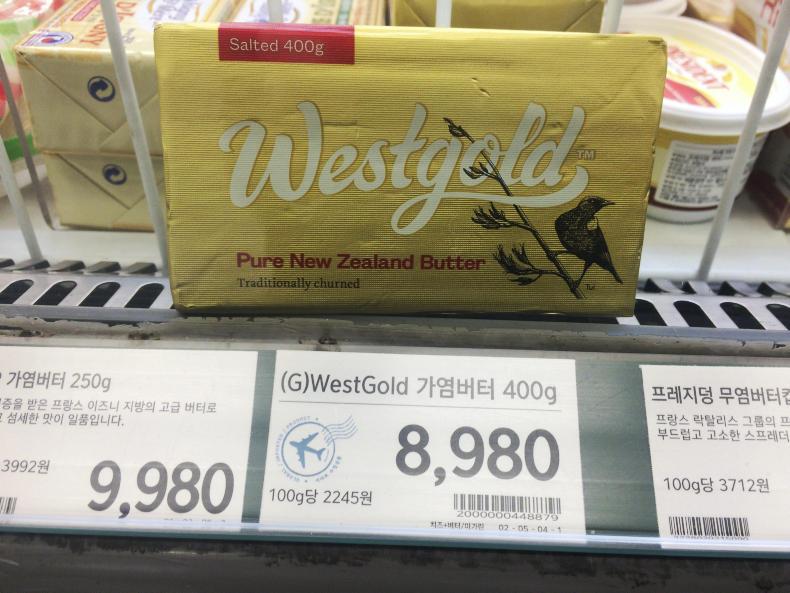
New Zealand butter costs the equivalent of €6.94.
There is also a huge market for baby food that is targeted at parents wanting to ensure their child’s health.
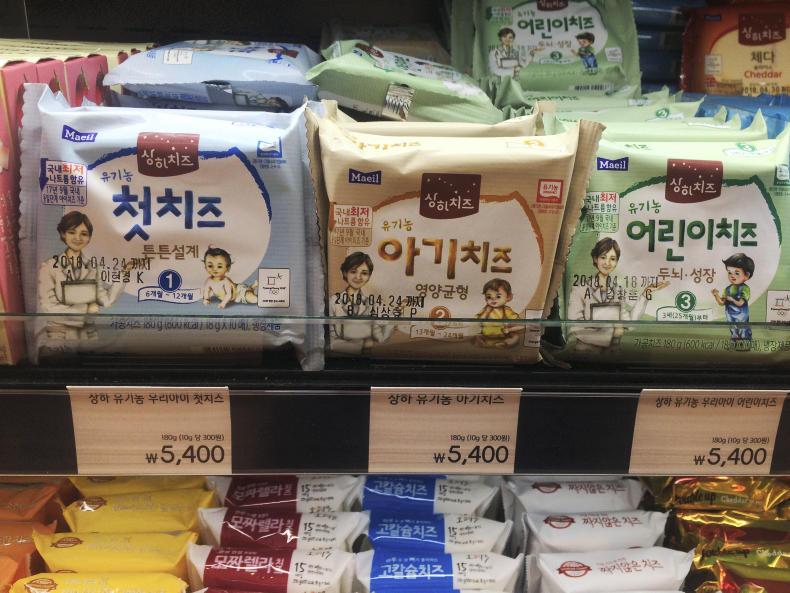
Cheese for babies from an age range of one to three. Note the picture of the doctor on the pack. The marketing implies that medically this cheese is good for babies.
The infant formula aisle is full of imported baby powder from New Zealand to Austria, and a marketing emphasis is placed on different types of formula enhancing your babies health and well-being.
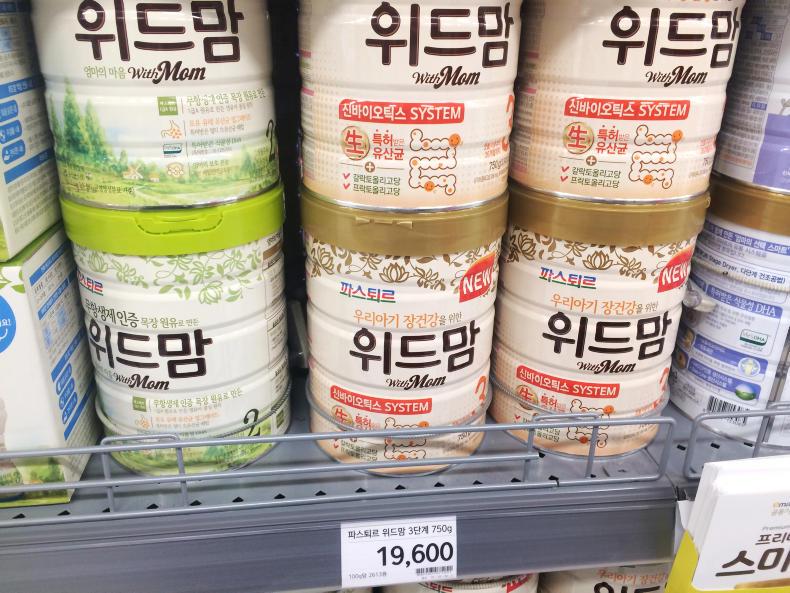
Korean infant formula costs the equivalent of €15.14.
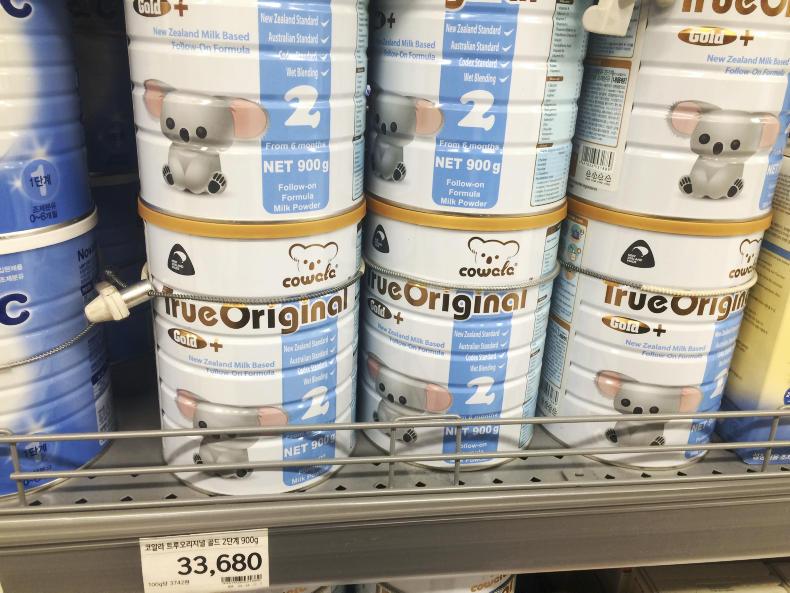
New Zealand infant formula on sale for the equivalent of €26. Note the jump in price compared with the Korean formula. The imported formula is perceived as being higher quality.
The milk market is mainly UHT-based but you can also purchase liquid milk. The country produces almost 2bn tonnes of milk and is 57% self-sufficient in dairy products.
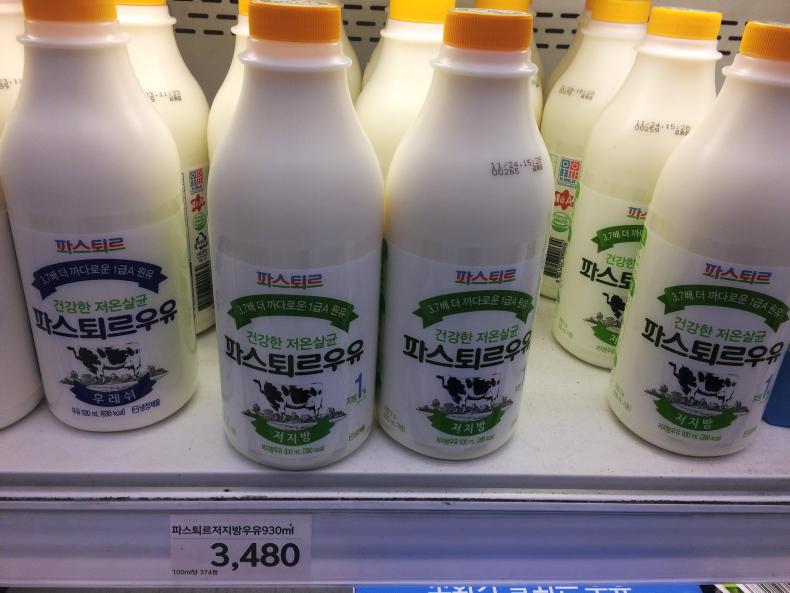
A litre of milk in South Korea coss the equivalent of €2.68.
And, finally, the American influence is still visible in the country. US army officers made Spam popular in South Korea and South Koreans still see it as a luxury item and give each other gift boxes of Spam.
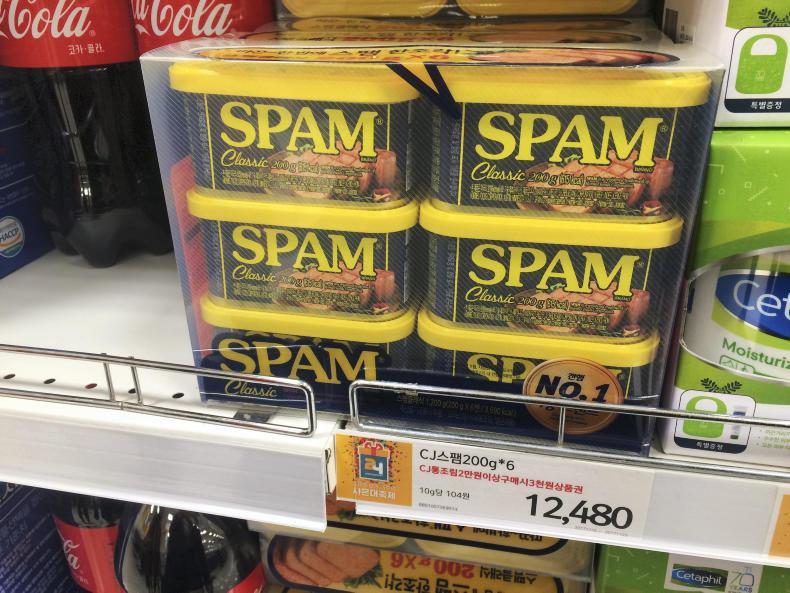
A gift box of Spam on sale in the supermarket.





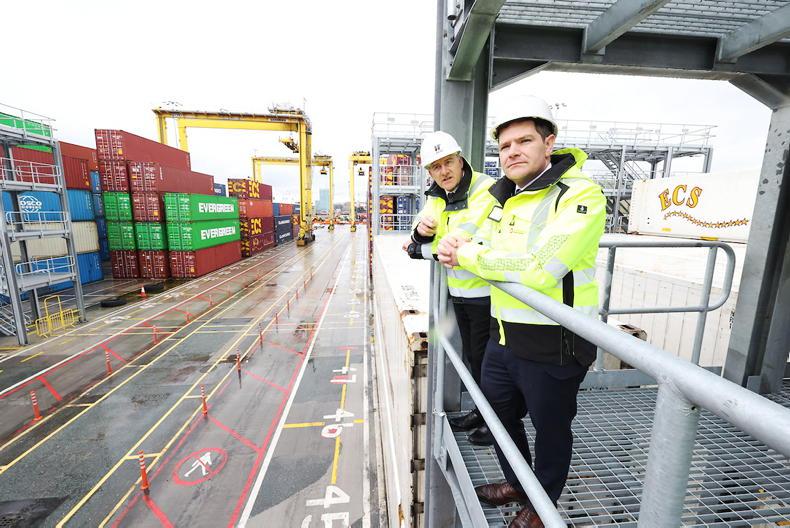
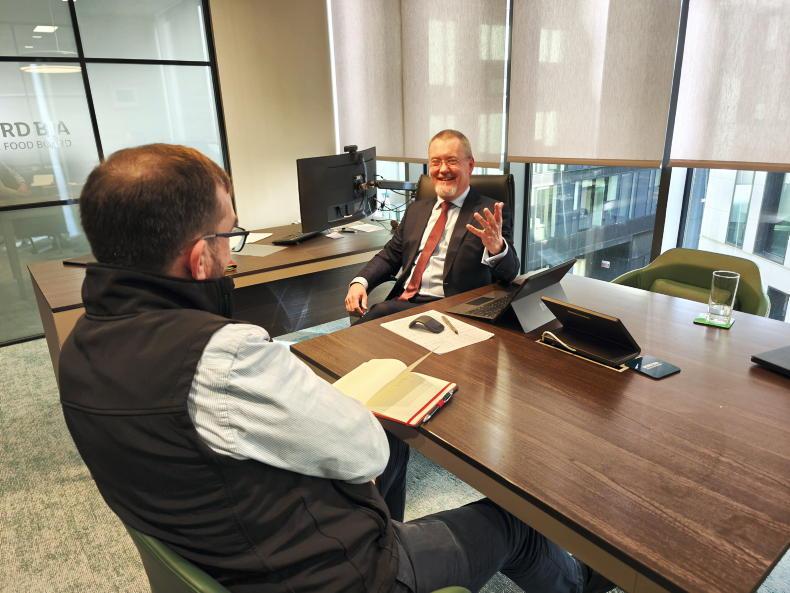
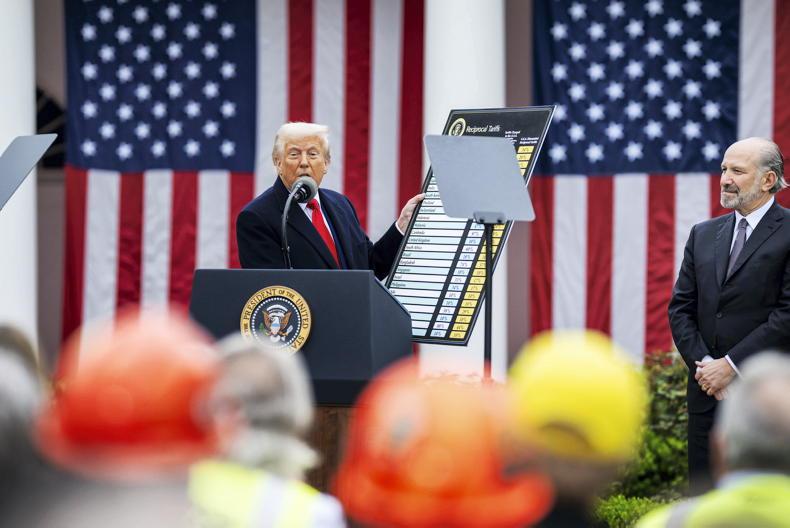
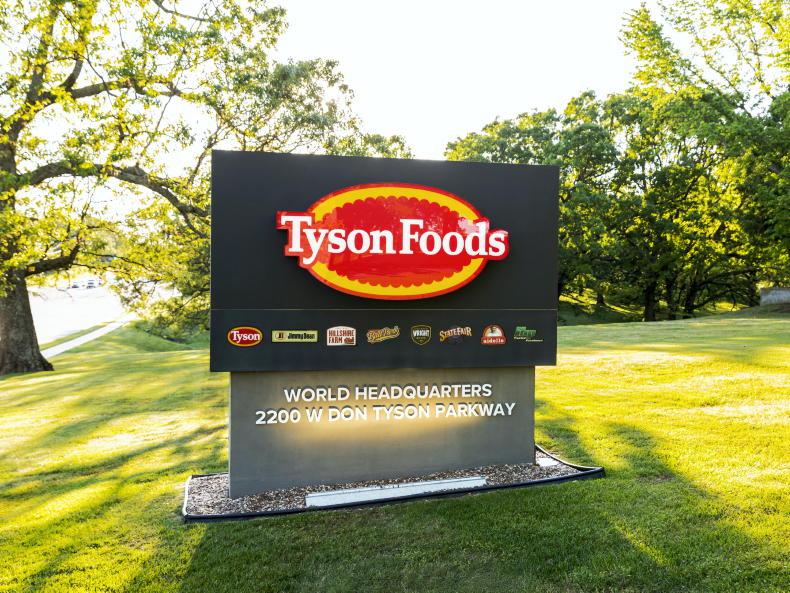
SHARING OPTIONS